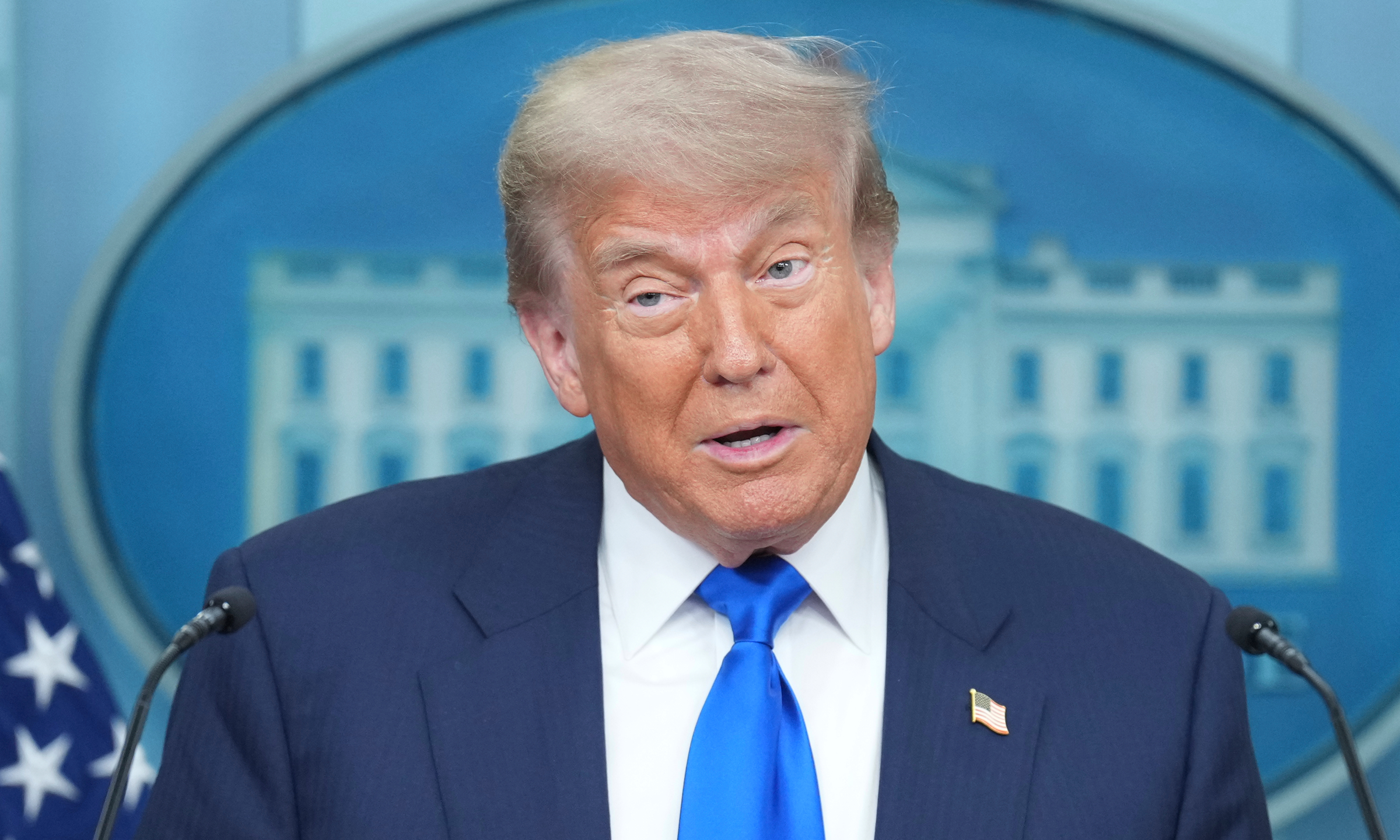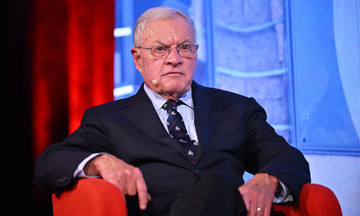"Certainly, there's no doubt about it," US President Donald Trump said at a press conference on 27/6, when asked if he was prepared to order further strikes on Iran if US intelligence concluded that Tehran could still enrich uranium to a level that worried Washington.
President Trump then criticized Iranian Supreme Leader Ali Khamenei. "I know exactly where he’s hiding out, and I didn’t let Israel or our great military do a sneak attack and kill him. I saved his ugly, embarrassing life, but he doesn’t even say 'thank you, Mr. President'," he posted on social media.
The US president added that he had considered lifting sanctions on Iran, one of Tehran's main objectives. "Instead, I got a message of anger, hatred and disgust. I immediately stopped thinking about easing sanctions and other matters," the president said, calling on Iran to return to negotiations.
Iranian Foreign Minister Abbas Araghchi later criticized the White House's statements. "If a deal is what President Trump wants, he should drop his disrespectful and unacceptable tone towards the supreme leader of Iran and stop hurting the millions of his sincere supporters," Araghchi said.
 |
President Donald Trump speaks at a press conference on 27/6. Photo: AP |
President Donald Trump speaks at a press conference on 27/6. Photo: AP
In a televised address on 26/6, Khamenei declared that Iran had won against Israel in the 12-day conflict and affirmed that it would never succumb to US pressure. "The US president exaggerated the situation abnormally," Khamenei said, referring to Trump's claim that Iran's nuclear program had been completely wiped out.
Iranian officials also denied reports that nuclear talks with the US would resume, after Trump said the dialogues would continue next week. Tehran has repeatedly asserted that its nuclear program is for peaceful purposes and not for building atomic weapons, as alleged by Washington and its allies.
The conflict erupted on 13/6 when Israel launched a preemptive strike on Iran with Operation "Rising Lion," killing several high-ranking commanders and nuclear scientists. Iran retaliated with Operation "True Promise 3." The fighting left more than 606 dead and more than 5,300 injured in Iran, and 28 dead and more than 2,500 injured in Israel.
On the morning of 22/6, the US intervened in the conflict, sending bombers to attack three Iranian nuclear facilities and then proposing negotiations with Tehran. President Trump announced a day later that Iran and Israel had agreed to a comprehensive ceasefire. On 24/6, Iran and Israel accepted the ceasefire, both portraying themselves as the victors.
Iranian Foreign Minister Abbas Araghchi said on 26/6 that the nuclear facilities had suffered serious damage during the 12 days of conflict and that Tehran was assessing the situation.
Pham Giang (According to AFP)












